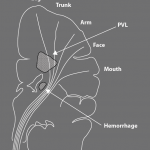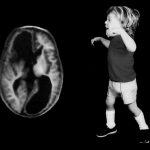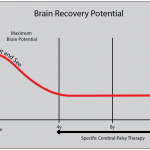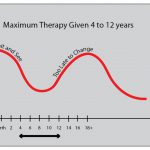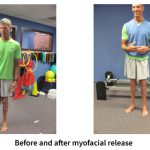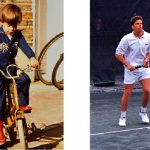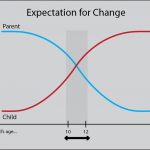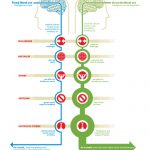Spastic Diplegia is the most common form of cerebral palsy in children who have been born early. Every once in awhile, a child is born at term and develops typical, […]
Do Brain Scans Improve Diagnostic Accuracy?
Yes and no. Starting with CT scans, then head ultrasounds, MRIs and now fMRIs and Diffusion Tensor Imaging, brain scans have given us progressively more detailed pictures of the brain. […]
Too Little, Too Late
My last post for parents whose child had been treated in a neonatal intensive care unit (NICU) asked, “What were they told about their babies brain hemorrhage or PVL?” https://www.karenpapemd.com//index.php/when-was-your-child-diagnosed-with-cp/ […]
“Lost Time is Never Found Again” Benjamin Franklin
The way pediatric neurorehabilitation is provided to children with cerebral palsy is problematic in light of current knowledge of neuroplasticity. The maximum intensity of therapy is given in the middle […]
An Intensive Experience by Erik Zimmerman – Adults with CP can Improve
Erik is a healthy 48 year old with spastic diplegia, a type of cerebral palsy that primarily affects his legs. The following is his story of dramatic change in just […]
Impossible for the Child, Possible for an Adult
In the early years of life, we often have to wait for the brain and the body to mature. I think of it as a delay for development, not a […]
Have you decided that your child’s function is “Good Enough”?
When parents are first told that there might be a problem with their child’s brain or nerves, most are hopeful that with hard work and the right help there will […]
Stem Cell Therapy? It May Be Closer Than You Think
There has been a lot of confused talk about whether or not stem cells may be a potential cure for children with early brain injury. This is a terrific talk […]
Set the Bar Higher
Recently, the father of a child with cerebral palsy asked me how to best discuss the recovery potential of his child. Here is the first part of his question. Q. […]
Expectation Changes Intelligence
Recently, I have had several questions about intelligence in children with cerebral palsy and other early neurologic injuries or diseases. The key issue is whether or not you believe that […]
